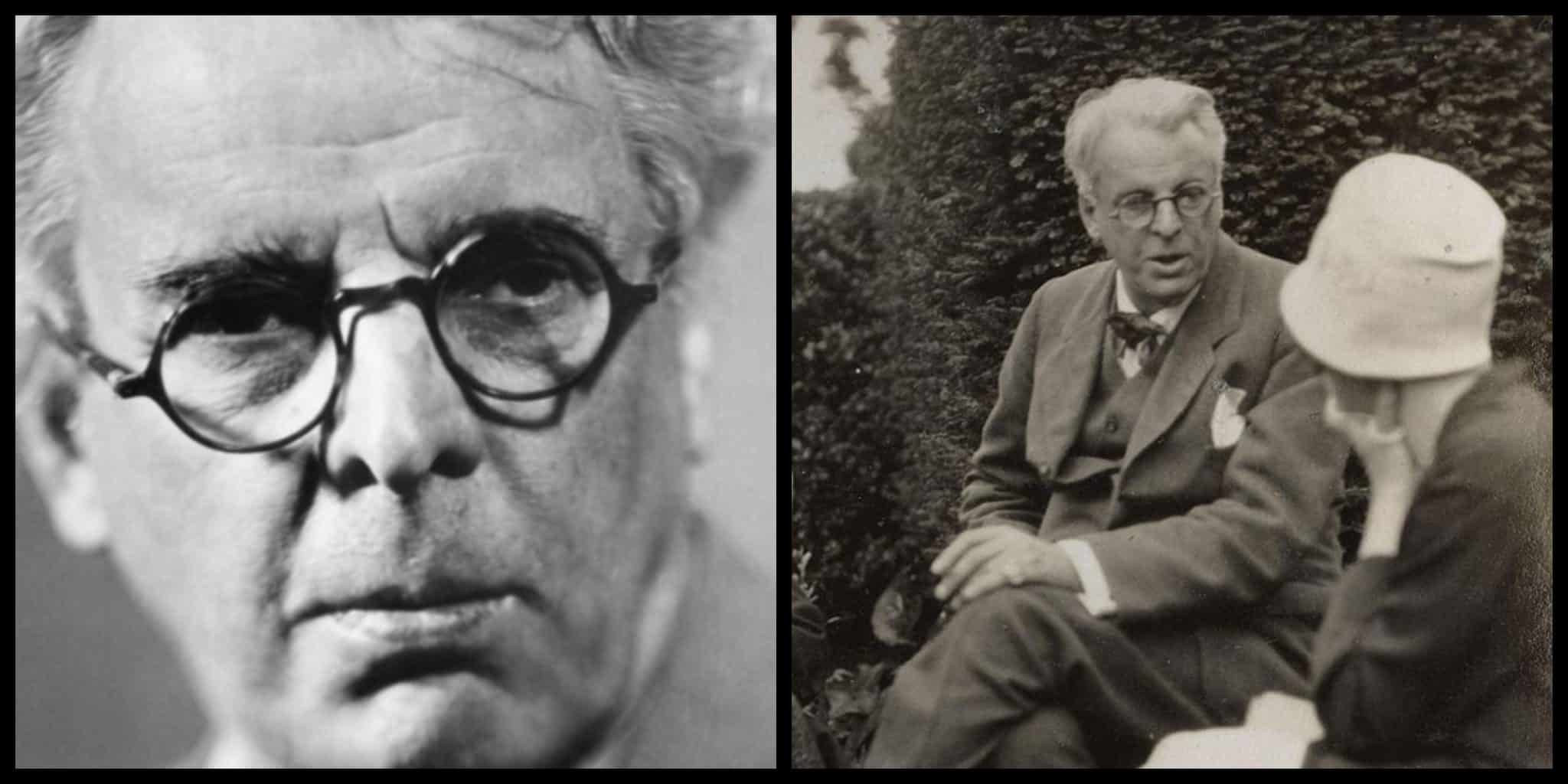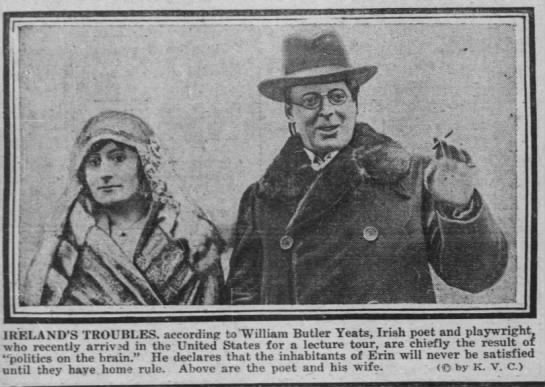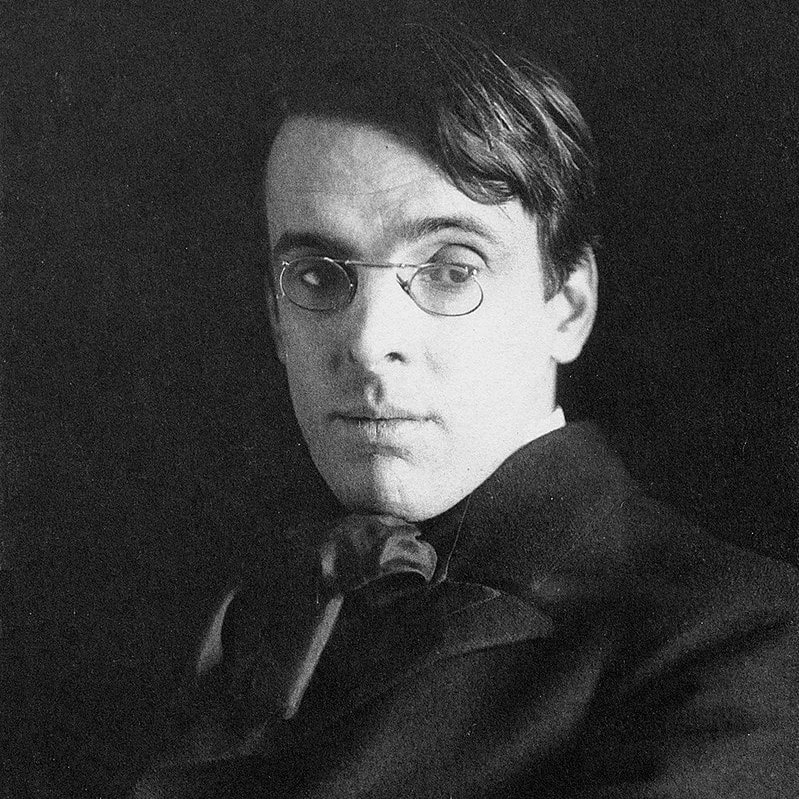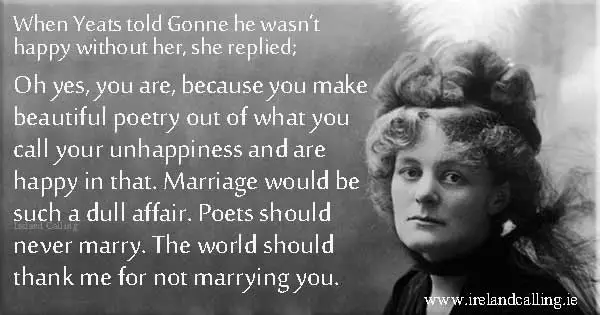William Butler Yeats, one of the greatest poets in the English language, was deeply connected to his homeland of Ireland and its rich cultural and political history. Born in Dublin in 1865, Yeats spent much of his life exploring and writing about the people, landscapes, and traditions of Ireland.
Yeats was deeply influenced by the Irish Literary Revival movement, which sought to promote and celebrate the indigenous literature and culture of Ireland. He was a founding member of the Irish Literary Theatre and later the Abbey Theatre, both of which played a key role in the revival movement. Yeats was also a member of the Gaelic League, an organization dedicated to preserving and promoting the Irish language and culture.
Throughout his career, Yeats wrote extensively about the history and folklore of Ireland, as well as the political and social issues of the time. His poetry often reflects his love of the natural beauty of Ireland, as well as his concern for the country's future.
One of Yeats' most famous poems, "The Lake Isle of Innisfree," captures the peaceful, idyllic nature of the Irish countryside and the longing to return to a simpler, more natural way of life. In "Easter, 1916," Yeats reflects on the Easter Rising, a rebellion against British rule in Ireland that took place in 1916 and had a profound impact on the country's independence movement.
In addition to his poetry, Yeats was also a playwright and a prominent figure in the Irish Nationalist movement. He was a strong advocate for Irish independence and was deeply involved in the political and cultural life of the country.
Yeats' love of his homeland and its culture is evident in much of his work, and his contributions to the Irish Literary Revival and the independence movement have had a lasting impact on Ireland and its people. His enduring legacy as one of the greatest poets in the English language is a testament to the enduring power and beauty of his homeland, Ireland.







